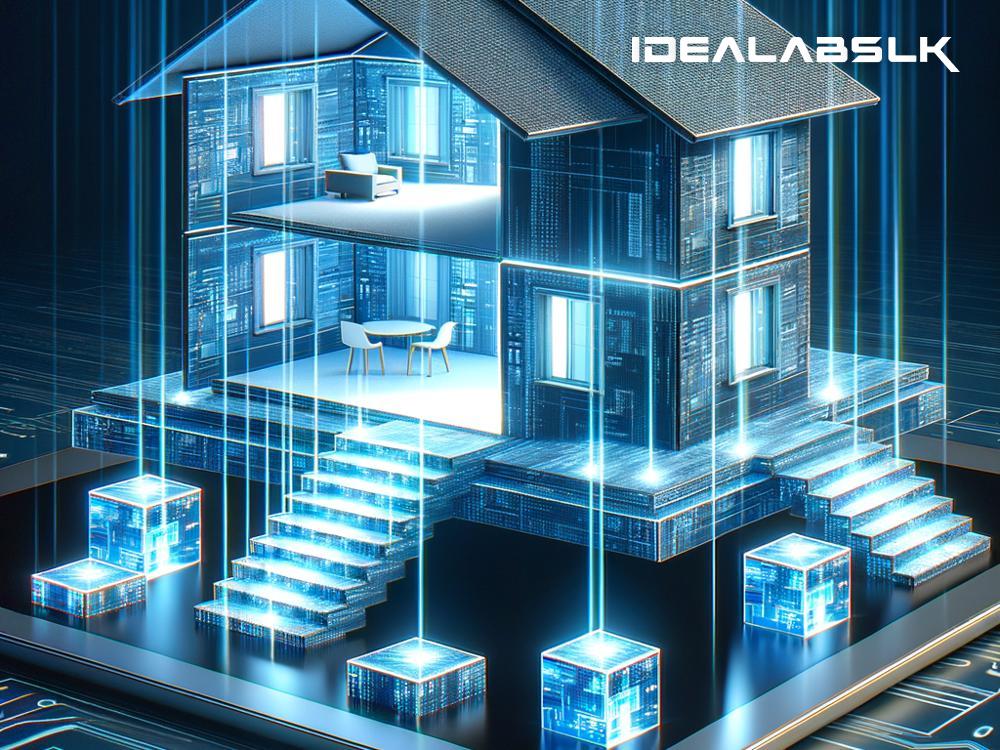How Blockchain is Speeding Up Real Estate Settlements
The world of real estate is vast and complex, with many moving parts and players involved in the buying and selling of property. From brokers to bankers, from lawyers to local governments, the process can sometimes feel endlessly slow, especially when it comes to the final settlement. This is where blockchain technology is starting to make a significant impact.
Understanding Settlements
Before diving into how blockchain is changing the game, it's essential to understand what a real estate settlement is. In simple terms, it's the final step in the process of buying or selling property. It's when the ownership officially transfers from the seller to the buyer, and it involves a lot of paperwork, verification, and, of course, transferring funds.
Traditionally, this process has been manual, time-consuming, and susceptible to human error. Depending on various factors, a settlement can take anywhere from a few weeks to several months. That's where blockchain comes into play.
What is Blockchain?
Blockchain is often associated with cryptocurrencies like Bitcoin, but at its core, it's a system of recording information in a way that makes it difficult or impossible to change, hack, or cheat the system. It's essentially a digital ledger of transactions that is duplicated and distributed across the entire network of computer systems on the blockchain.
In the context of real estate, think of blockchain as a highly secure and efficient way to store and transfer property records and money.
Speeding Up Settlements
So, how exactly does blockchain speed up real estate settlements? Here are a few key ways:
-
Eliminating Middlemen: A lot of the delay in traditional real estate settlements comes from having to deal with various intermediaries, including banks, lawyers, and real estate agents. Blockchain enables direct peer-to-peer transactions, cutting out many of these middlemen and significantly speeding up the process.
-
Streamlining Paperwork: The amount of paperwork involved in real estate transactions is staggering. Blockchain technology allows for the digitization of these documents, making them easier to store, access, and verify. Smart contracts — self-executing contracts with the terms of the agreement between buyer and seller directly written into code — can automate many steps that were previously manual, further accelerating settlements.
-
Enhancing Security and Transparency: One of the biggest delays in settlements can come from the need to verify the authenticity of documents and the legitimacy of funds. Blockchain's secure and transparent nature means that once information is stored on the blockchain, it's nearly impossible to tamper with. This reduces the time spent on verification and increases the overall speed of the settlement process.
-
Immediate Fund Transfer: Traditional settlements often involve waiting for banks to process large transfers of money, which can take days. With blockchain, the transfer of digital assets (like cryptocurrencies or tokenized fiat currencies) can happen almost instantly, further reducing the time to settle.
Real-World Impact
Applications of blockchain in real estate are still in the early stages, but there are already promising examples around the world. Some companies are beginning to offer blockchain-based real estate transactions that can be settled in a matter of days, not weeks or months. Additionally, governments in several countries are exploring or implementing blockchain to manage land registries more efficiently.
Looking Ahead
While there are still hurdles to overcome, including regulatory challenges and the need for widescale adoption, the potential for blockchain to revolutionize real estate settlements is immense. Not only does it promise to make the process faster, but it also offers benefits like increased security, reduced costs, and a better overall experience for buyers and sellers alike.
In the coming years, as technology continues to evolve and more players in the real estate industry embrace blockchain, we can expect to see settlements becoming quicker and smoother. This will not only benefit individual buyers and sellers but could also have a positive impact on the broader real estate market, making it more fluid and dynamic.
In conclusion, blockchain is set to transform the traditionally slow and cumbersome process of real estate settlements into something much quicker and more efficient. By streamlining transactions, enhancing security, and cutting out middlemen, blockchain technology is paving the way for a future where buying and selling property is as simple and seamless as clicking a button.

